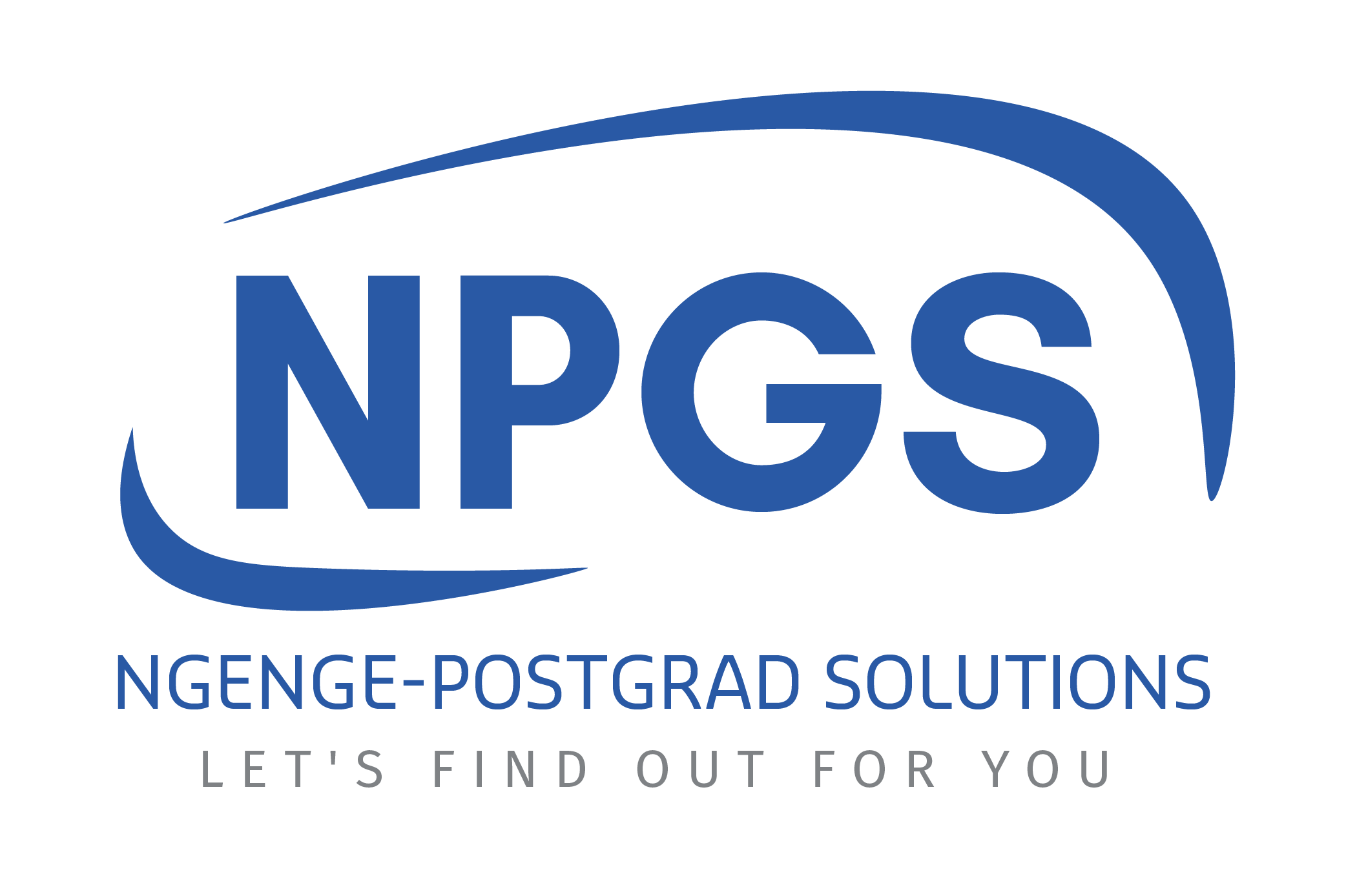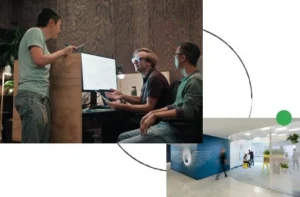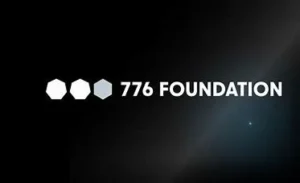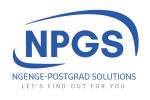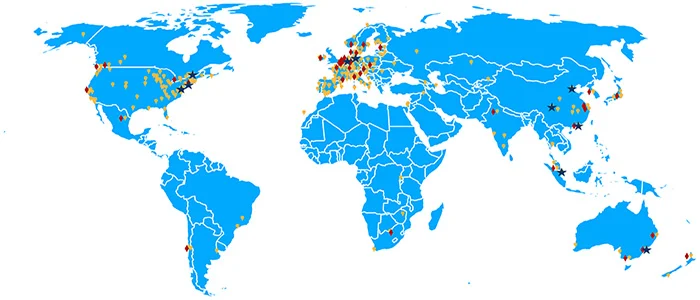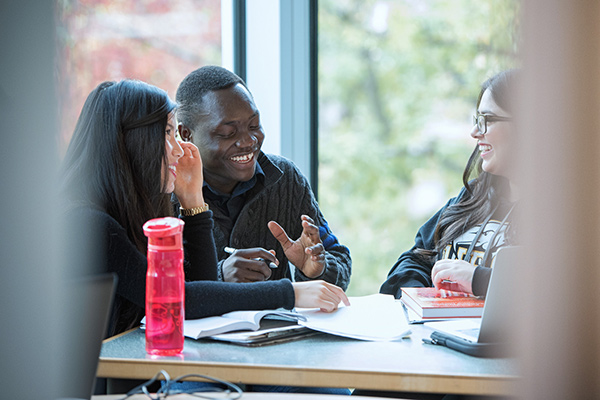NGENGE-POSTGRAD SOLUTIONS IS HERE TO HELP YOU: NPGS has an Application Help Service with a team of highly experienced professionals to help you find a position or prepare a CV or Cover Letter. Our professional experts can also apply for you from A to Z.
Application Deadline: February 15, 2023
IBRO and UNESCO’s International Bureau of Education (IBE) offer 3 annual IBRO/IBE-UNESCO Science of Learning Fellowships. This is part of our joint Science of Learning Initiative that aims to support and translate key neuroscience research on learning and the brain to educators, policymakers, and governments.
The fellows will be hosted at IBE–UNESCO headquarters in Geneva, Switzerland, so they can learn about policymaking in an international context, as well as receive support with policy vocabulary and messages. A separate contract with each fellow will be signed by the fellow and IBE–UNESCO to cover the duration of their IBRO/IBE-UNESCO Science of Learning Fellowship. If travel is impacted by the ongoing Covid-19 pandemic, the possibility of completing the Fellowship remotely will be considered.
Grant Amount:
- 20,000 Euros per Fellow
- IBRO and IBE–UNESCO cannot arrange accommodation, visas, insurance, travel or other related logistics. This will be the responsibility of the fellow to organize. Each fellow will be provided with his/her own office, including a computer, desk and internet access.
Eligibility Criteria:
- IBRO and IBE–UNESCO will consider researchers from all regions of the world.
- Applications will be considered from Senior and Mid-Career Scientists, preferably with 10 years of experience in the neuroscience of learning field.
Expected Deliverables:
- Six written briefs (max. 5 pages each; 2 every month) to re-articulate research on neuroscience in an accessible language, with explicit implications for policy and practice.
- Give an IBE talk on own research project or on any other relevant topic on neuroscience and education.
- Liaise with the other IBRO/IBE fellows and the IBE staff.
- Discuss possible participation in various UNESCO IBE and IBRO projects (e.g., Handbook on Curriculum and Learning, conferences and other events, etc.).
